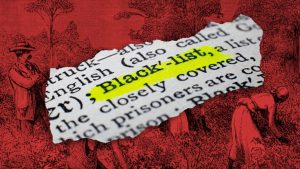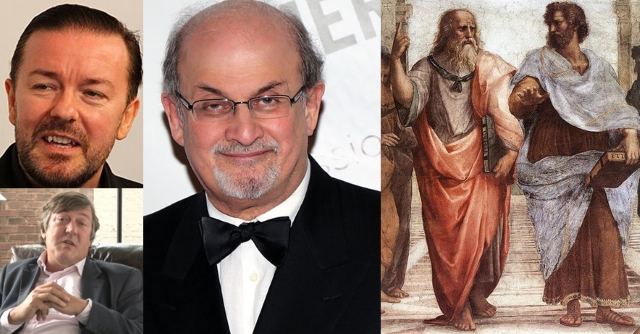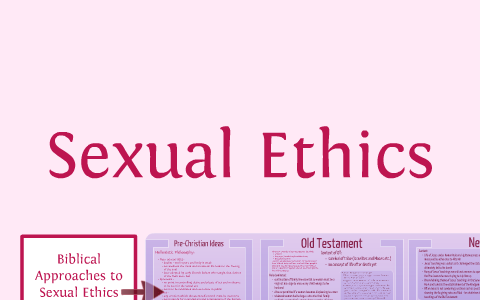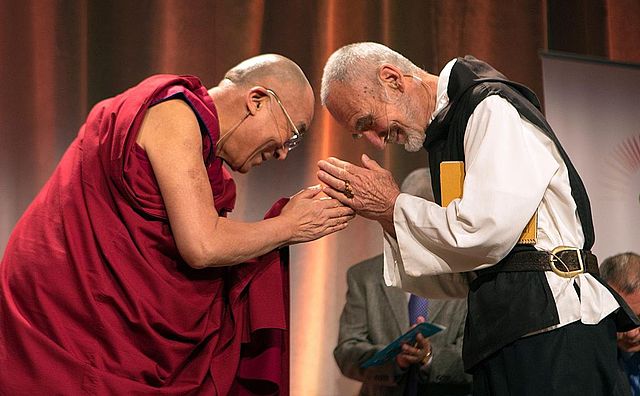I have a pet peeve: the use of the term “offensive”. Ok, it’s more than a pet peeve – I think its use in public discourse is misleading and harmful. To start, here are some uses of “offensive” that are particularly cringeworthy:


- You don’t have a right not to be offended
- It’s good and important to be offensive
- The PC crowd is desperate to be offended
- He’s a #bravehero who doesn’t worry about causing offense
- Do I offend you? Tough
Often what follows is rank bigotry. What provides it cover is the conflation of offensive’s two meanings.
The first is when we refer to something that we find personally distasteful based on system of beliefs (or even aesthetics). That something doesn’t harm us or anyone else. At worst it may harm our sense of propriety. The second is when these are comments that target a group (often a marginalised group) thereby causing them harm.
Some examples of the first kind of offensive:
- Michelangelo’s David (to many Springfieldians in this episode of the Simpsons)
- Swearing (to some?)
- Public defecation (to most?)
- Teenagers who wear “too much makeup” (to some adults?)
- Not beating about the bush when calling someone an asshole if they are behaving like one (to the civility police)
- Nickelback (to the Internet?)
- The taste of non-melted cheese (to me)
These are all examples to which the idea of “not having the right not to be offended” applies. It’s legit. If an adult thinks teenagers wear too much makeup, they could make the argument that these teenagers are harming themselves or society but it will be flimsy. And while we’re best to avoid judging how much the adult is harmed on their behalf, they’ll probably agree that it doesn’t actually affect them directly.
Whereas the second use of the term is to cover cases like this:
- Women should drink less so they experience less sexual assault
- “Some girls rape easy”
- You owe it to yourself to take self defence classes in case you get attacked
- You can minimise your chances of being raped by following this simple list of 217 items
- In a he-said-she-said, a man’s entire reputation is at stake
- She didn’t say no
I’ve stuck to just one theme to highlight how many forms this type of shit takes. The problem with using the term offensive to describe the above becomes apparent. This is not a case of brave heroes standing up to a stifling atmosphere to speak uncomfortable truths. These statements actively harm people in perpetuating myths. They’re a lot more than just “offensive”.
Another example is racial slurs. Using “kike” is not offensive in the way that swearing is offensive. No, it’s used to actively demean, to cause actual harm. It’s used to remind a person that they should fear for their safety. Calling it offensive derails the conversation to scrutinise the person supposedly “offended” as opposed to examining the harm that it causes.
It’s true that there’s a grey area between the two definitions. After all, whether a person is genuinely harmed or not depends a lot on our own biases as the judges. I recommend reading a great post examining this in the case of drawings of Mohammed. The author argues that for many Muslims, seeing Mohammed drawn causes similar harm to a racial slur and that should be avoided. And of course saying that they “shouldn’t” be harmed by it should sound like telling a Jew they “shouldn’t” be offended at kike.
There are some genuine cases where you might wonder – but that doesn’t diminish the misleading nature of letting off bigotry with a mealy-mouthed description like “offensive”.





0 Comments